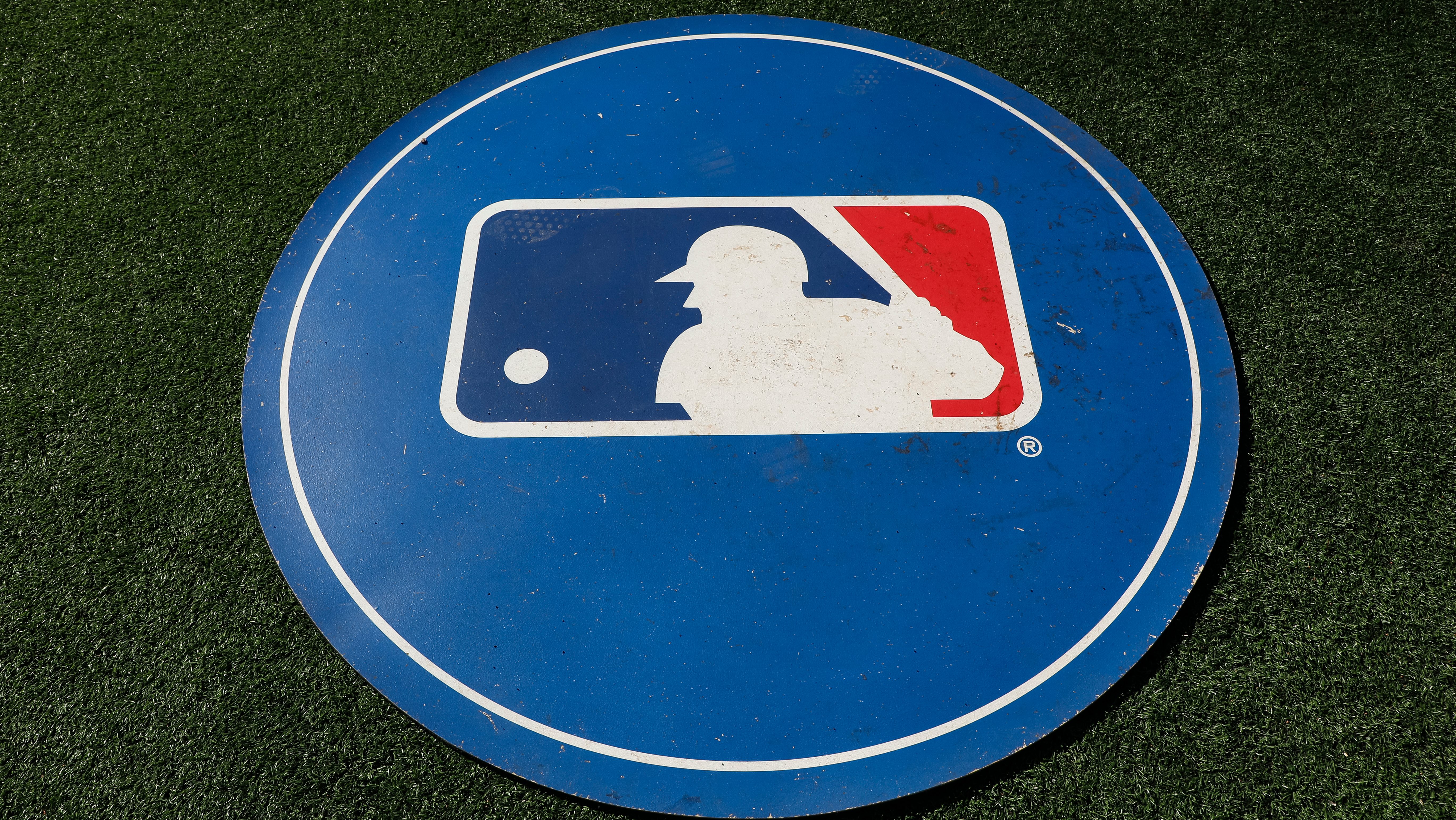Thirty-four years ago next month, one of the best players in baseball remained an unsigned and conspicuously — apparently — undesired free agent.
It was as baffling as it was intentional.
“I knew that teams were interested, but nobody was going to negotiate with me,” Hall of Famer Andre Dawson said this week during an episode of the Cubs Talk Podcast. “That was kind of the eye opener.”
Stay in the game with the latest updates on your beloved Chicago sports teams! Sign up here for our All Access Daily newsletter.
If it sounds familiar to modern baseball fans, that’s probably because recent winters of free agency have left several superstars at the top of their classes lingering in glacial-like markets until close to — or even into — spring training. That includes Cy Young winner Trevor Bauer, who agreed only last week with the Dodgers during this pandemic-impacted winter and MVP Bryce Harper, who didn’t sign with the Phillies in 2019 until March, during a time of record industry revenues.
The difference for Dawson was that he faced what eventually was proven to be collusion by owners to rig the markets and force free agents back to their original teams on team-friendly contracts — while the more recent trends have prompted mere whispers and speculation about a more modern version of collusion.
Dawson, who made sports labor history by circumventing collusion when he forced the hand of his team of choice — the Cubs — by presenting a uniform players’ contract with the salary line left blank, doesn’t defend what owners today any more than he did 34 years ago.
But he doesn’t necessarily see a broken system, either, as the current collective bargaining agreement nears expiration after this season.
MLB
“I do feel the marquee players in the game are going to make that money,” he said. “But it’s going to be a tight squeeze on those middle guys, those veteran guys where you may be able to fill a void, but it’s going to come at a price, and if you’re not willing to accept that, the younger player is going to replace you. I’ve seen that I think as a turn in the game itself.
“But I do feel the game is safe. And it is still fair, because if you put the numbers up, you’re going to make your money. And that’s the bottom line. You get paid today to produce and to put numbers up. And if you fall somewhere in between in all of that, then you might feel the squeeze a little bit.”
That was never Dawson’s problem — especially after all but forcing himself on the Cubs. He immediately won an MVP award in his first season as a Cub, helped the team to the playoffs two years later and was selected to five consecutive All-Star games along the way.
That’s what made his free agency case so conspicuous, his blank-contract move so bold and the Cubs’ response so absurd at every turn.
“We knew Dallas wouldn’t know what to make of it,” he said.
When Dawson and agent Dick Moss made the unprecedented offer, Cubs general manager Green quickly made excuses about the need to give his prospects a chance to play, Dawson said.
Dawson didn’t flinch, stated his case and left the contract with his signature at the bottom. Green called the next day with a $500,000 offer that was less than half what Dawson made with the Expos the previous year and that seemed certain to be rejected as insulting.
“I accepted the proposal,” said Dawson, who chose the Cubs for the city, the fan base and an iconic ballpark with lots of day games and natural grass (after years of beating up his knees on Montreal’s concrete-hard artificial surface.
“He got a little quiet.”
He also had little choice but to welcome to the roster the right fielder who would become the team’s best player for the next half-decade and one of its most popular for a generation.
For that historic move and sacrifice he made to “beat” collusion, Dawson — also a veteran of the two longest labor stoppages in baseball history in 1981 and ’94-95 — received the inaugural Curt Flood Award from the players union, through a vote of players.
“I knew that I was sticking my neck out,” Dawson said. “But I knew it was time for me to move on.
“And it really wasn’t a situation of a monetary issue; it was about getting somewhere where I knew I would be happy, and I would enjoy the game the way it was supposed to be enjoyed, and I would have a lot of fun.”


